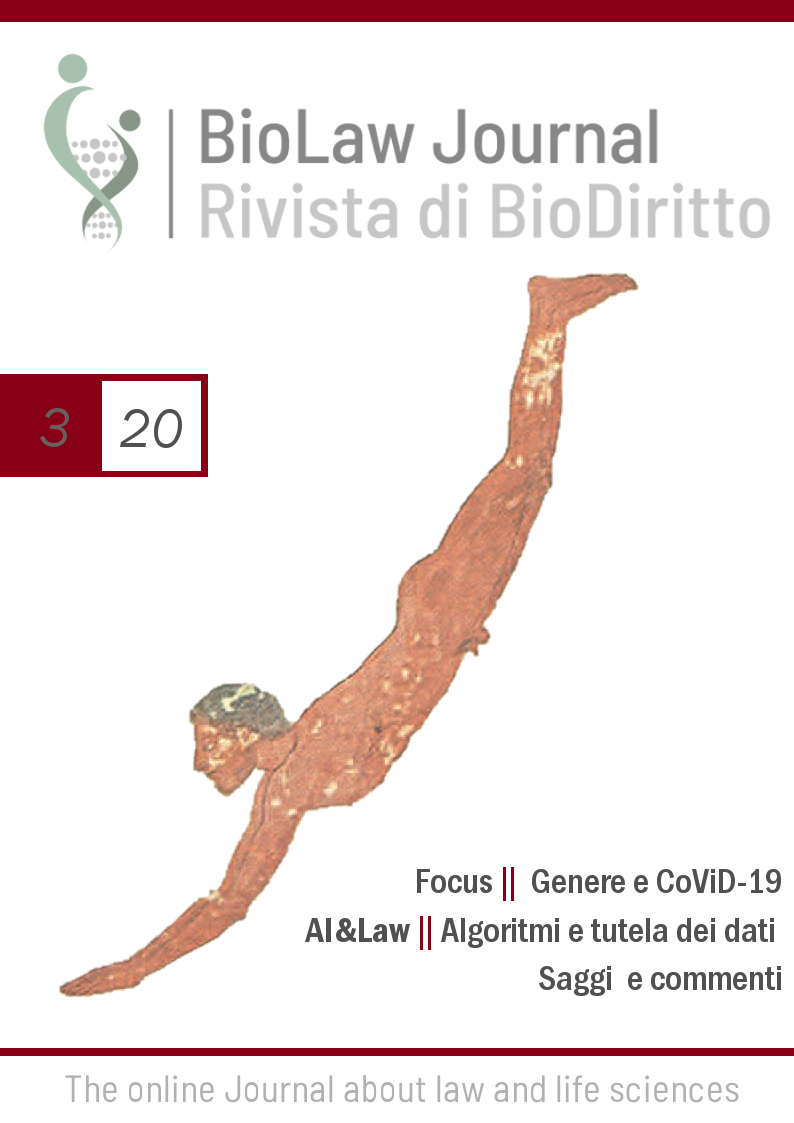Sperimentazione clinica e minori
DOI:
https://doi.org/10.15168/2284-4503-702Parole chiave:
Informed consent, child’s best interest, therapeutic and non-therapeutic clinical trials, children’s autonomy, parental duty to protectAbstract
The EU Regulation n. 536/2014, which regulates all clinical trials conducted in the European Union, attributes legal relevance to the explicit desire of a minor able to form his own opinion on a clinical trial: so, he “participates” in the activity of protection of the relative interest, for which the informed consent of the parents (or of the legal representative) is aimed. However, it does not clearly establish the degree of binding nature of the minor’s opinion. Phrases such as “(his) explicit desire must be respected” contribute to fuel doubts and uncertainties. The article, therefore – also in light of the guidelines, recommendations and opinions issued by national and international bioethics research committees – aims to verify whether the spaces granted to the informed consent of the parents (or the legal representative) change according to the type of experimentation (“non-therapeutic” or therapeutic) and the ability or not of the minor to “form an opinion proper”: this seems necessary in order to guarantee the most appropriate and correct meeting point in the experimentation between freedom of self-determination and the right to health of the minor, between expectations of small patients, ethical needs and law.##submission.downloads##
Pubblicato
2020-11-02
Come citare
1.
Amore G. Sperimentazione clinica e minori. BioLaw [Internet]. 2 novembre 2020 [citato 15 febbraio 2026];(3):181-218. Disponibile su: https://teseo.unitn.it/biolaw/article/view/1598
Fascicolo
Sezione
Saggi





